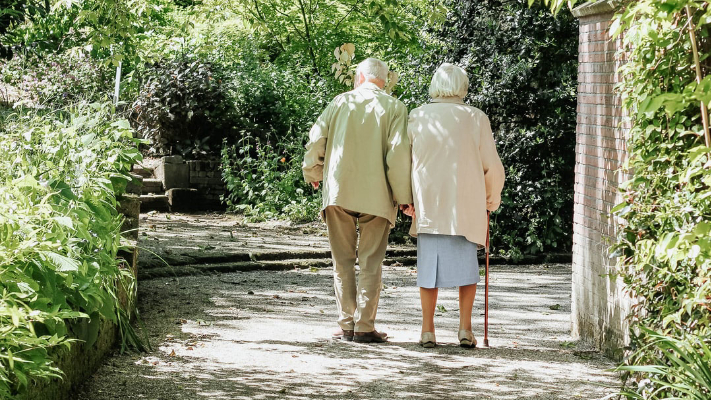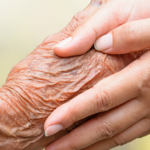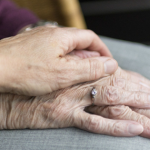Five Stress Reduction Tips For Seniors
Stress has a way of bleeding into other areas of our lives. That is especially true for aging Americans. A bad day here and there is normal. Persistent worrying, anxiety, and stress–on the other hand–affects your health. According to WebMD, “Forty-three percent of all adults suffer adverse health effects from stress.” These effects may include but are not limited to headaches, stomach upset, gastrointestinal issues, high blood pressure, asthmas, arthritis, diabetes, and heart problems.
In other words, stress reduction is an integral part of senior and elder care planning. Here are the top ways to keep seniors happy, healthy, and as stress-free as possible.
1. Regular Exercise is a Must
Unfortunately, seniors are especially prone to stress. Retirement, aging bodies, and isolation are just a few of the reasons this may be the case. Aging, in particular, slows the body’s natural response to stress. This makes it more difficult to “bounce back physically,” according to Harvard Medical School.
Regular exercise can help reverse this trend. Even small bursts of exercise or low-intensity exercise will boost immune system responses, strengthens bones, and slows the process of chronic conditions. Simple activities like routinely walking, gardening, or doing yoga are sufficient to see these benefits.
2. People Of All Ages Need To Go Outside
Several studies by the University of Rochester conclude, “Being outside in nature makes people feel more alive.” In other words, sipping a cup of tea outside or going on a walk in the woods packs tremendous stress-conquering benefits. Patient care advocates, adult guardians, and elder care services would do well to make sure time outdoors is included in seniors’ routines.
By simply stepping outside, aging Americans increase Vitamin D levels (Vitamin D reduces depression, cancer, and conditions like osteoporosis). It also boosts energy levels, stimulates brain health by reducing boredom and apathy, and speeds up the overall healing process.
3. Encourage Seniors To Get a Pet
Another proven way to reduce stress levels is to pair up seniors with loving pets. That is, of course, assuming that is an option in seniors’ particular elder care facility. If possible, pets reduce blood pressure, pain levels, and anxiety, while promoting greater movement and independence.
Pets can provide other great benefits, too! For example, loneliness and isolation greatly contribute to senior distress. Having a constant, loving companion in a cat or a dog is a great way to mitigate this particular stressor. Similarly, if elder care planning entails an in-home aide rather than living in senior facilities, a dog promises additional security for elderly owners.
4. Promote Journaling
Journaling packs a number of stress-relieving benefits. Journaling can act as an outlet. Instead of continually ruminating, journaling allows seniors to get thoughts down on paper (or tablets–whatever the case may be!) and stop obsessing over them. On the other hand, journaling helps seniors capture and remember day-to-day events. Gratitude journaling keeps seniors focused on the positives in their lives.
5. Take Part In An Active Community
Finally, for aging seniors, socialization is key. Senior facilities run the gamut. They may include entirely independent housing, senior housing with part-time aides, on-site medical facilities with some assistance, or around-the-clock care. In most cases, these facilities are for Americans ages 55 and up.
A perk of these communities is that they encourage socialization within the community. That can mean anything from yoga, bingo, cards, exercise classes, painting, or learning a new hobby. According to Alzheimer’s Association and studies published in the American Journal of Public Health–in addition to reducing stress and anxiety–regular social interaction slows cognitive decline and promotes healthy brain activity.
“Social contact may be as effective as physical activity in improving mood and quality of life,” according to a study published in the Annals of Family Medicine. Whatever your approach may be, it is important for elder care planning to include specific stress-reducing strategies. Start with the tips above to notice immediate benefits in the seniors around you.











